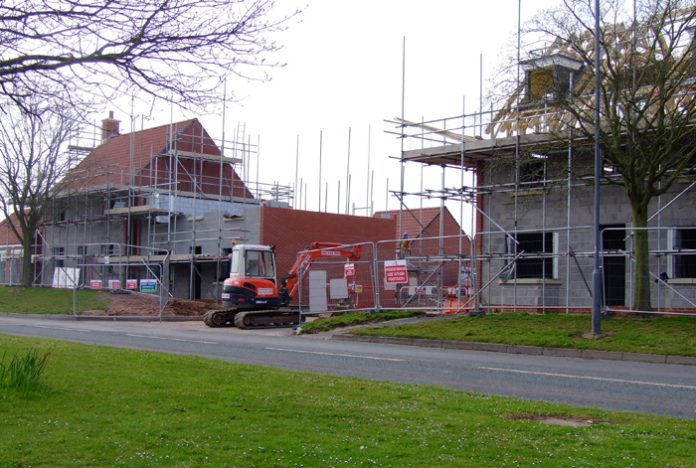We have approved amendments to the way planning applications will be managed. The updated system will simplify procedures and encourage the public, local councils and other stakeholders to raise questions earlier in the decision-making process.
A review of the existing system highlighted that many residents do not always feel able to give their views to decision-makers; and elected Members sitting on Development Control Committees can spend as long considering a simple home extension as they do applications for whole new neighbourhoods.
The changes will make the system more transparent, by encouraging residents, Town and Parish Councils and other stakeholders to engage early in the process. It will make it easier for everyone to see how decisions are made, by who and why.
The review of the current system found many aspects of the South Gloucestershire system worked well and these will be retained. The new approach, however, also reflects best practice taken from other council areas, which have been developed we last updated our planning procedures in the 1990’s.
Key features of the new system include:
- All planning applications received by the council will be streamed, with the most straightforward, such as an extension or redevelopment of a single dwelling for example, being delegated to Officers, who will be able to make a decision based on existing planning rules. This means that simple, non-controversial applications will be dealt with more quickly for residents
- More impactful proposals will either be considered by the new Strategic Sites Delivery Committee (SSDC), which will make decisions on larger applications, or by the new Development Management Committee (DMC), which will consider applications of a locally significant, but non-strategic nature, up to around 10 new homes, for example
- A new Spatial Planning Committee (SPC) will oversee planning decision-making and advise on planning policy formulation for the council
- The SPC will also provide an opportunity for councillors to re-evaluate any decision taken by the SSDC or DMC if they resolve to ‘overturn’ recommendations by officers. This will ensure that decisions taken are in the best interests of the public and don’t expose the council (and council taxpayers) to unnecessary risks and costs, which can arise if a developer appeals a council decision. This referral system is established practice in many local authorities
- Membership of the each of the committees will be made up of councillors from all parties
- Elected Members will still be able to escalate ‘smaller’ applications and refer them for consideration by committee instead of by officers, if they believe a development could have a significant local impact.
The old Development Control East and West Committees will cease, being replaced by the above. The changes will come into effect on 1 November 2018.
Cabinet Member for Planning, Transportation and the Strategic Environment, Councillor Colin Hunt, said: “These changes simplify the system. Development proposals will be published and everyone will be able to see the process they will follow.
“By making the process more visible and transparent, applicants, residents, Town and Parish Councils and other stakeholders will be able to make better submissions – in favour of, or against a proposal – earlier in the process.
“That means, at whichever level decisions are made, all of the of relevant information and the ‘local knowledge’, which is often so critical to informed decision making, but which under current procedures often only emerges late in the day, can be taken into account.”









